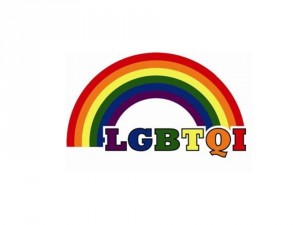 How a student identifies can definitely influence the job search strategy. The student may decide to target LGBTQ-friendly companies or choose an environment that may or may not be as open. The Human Rights Campaign website (www.hrc.org) is a great resource for students who want to target LGBTQI-friendly employers. SimplyHired also has a job search option that allows students to search similar companies.
How a student identifies can definitely influence the job search strategy. The student may decide to target LGBTQ-friendly companies or choose an environment that may or may not be as open. The Human Rights Campaign website (www.hrc.org) is a great resource for students who want to target LGBTQI-friendly employers. SimplyHired also has a job search option that allows students to search similar companies.
Researching the prospective company or organization is a vital step in the application process. Is there a nondiscrimination policy? Is there diversity training, domestic partner benefits, and does the company offer affinity groups? These are all keys to finding an environment in which you can be comfortable and thrive.
How much you may want to reveal about yourself to a potential employer is highly individual. For some, gender identity and sexual orientation is their whole world, while for most, it is a piece of a larger puzzle. Barbara Zerillo, who recently published the article, To Come Out or Not to Come Out (Journal of Colleges and Employers, April 2015) offers tips to students about coming out or not coming out in a resume, cover letter, or job interview.
- Do your research to know if the company is supportive. Check out www.hrc.org.
- Resumes and cover letters should maximize information relevant to the job or internship you are applying for.
- By including LGBTQ student, clubs or organization on a resume, you will identify yourself as at least an ally of the community.
- If you want to come out in the interview, make sure there is a clear purpose for doing so. Try to tie your experience into something pertinent to the job such as overcoming adversity, understanding under-represented populations, or related politics and policy study.
- Stating one’s sexual orientation or gender identity in an interview or in your self-marketing materials can be seen as inappropriate if there is no relevance to the job description. Focus should be on skills and qualifications for the job.
- More information on LGBTQ students and alumni in the workforce is available at http://www.du.edu/career/lgbtiq.html
